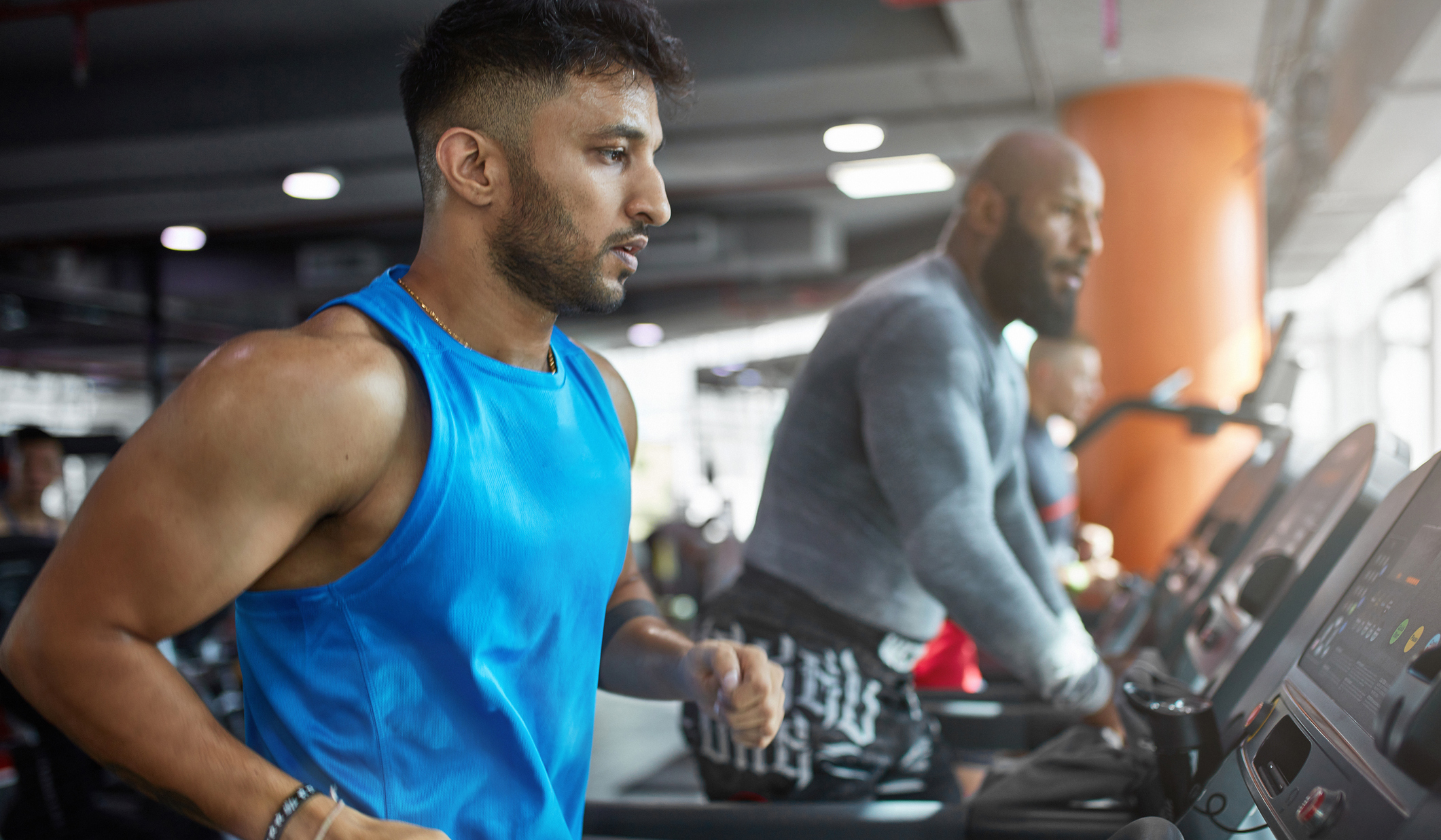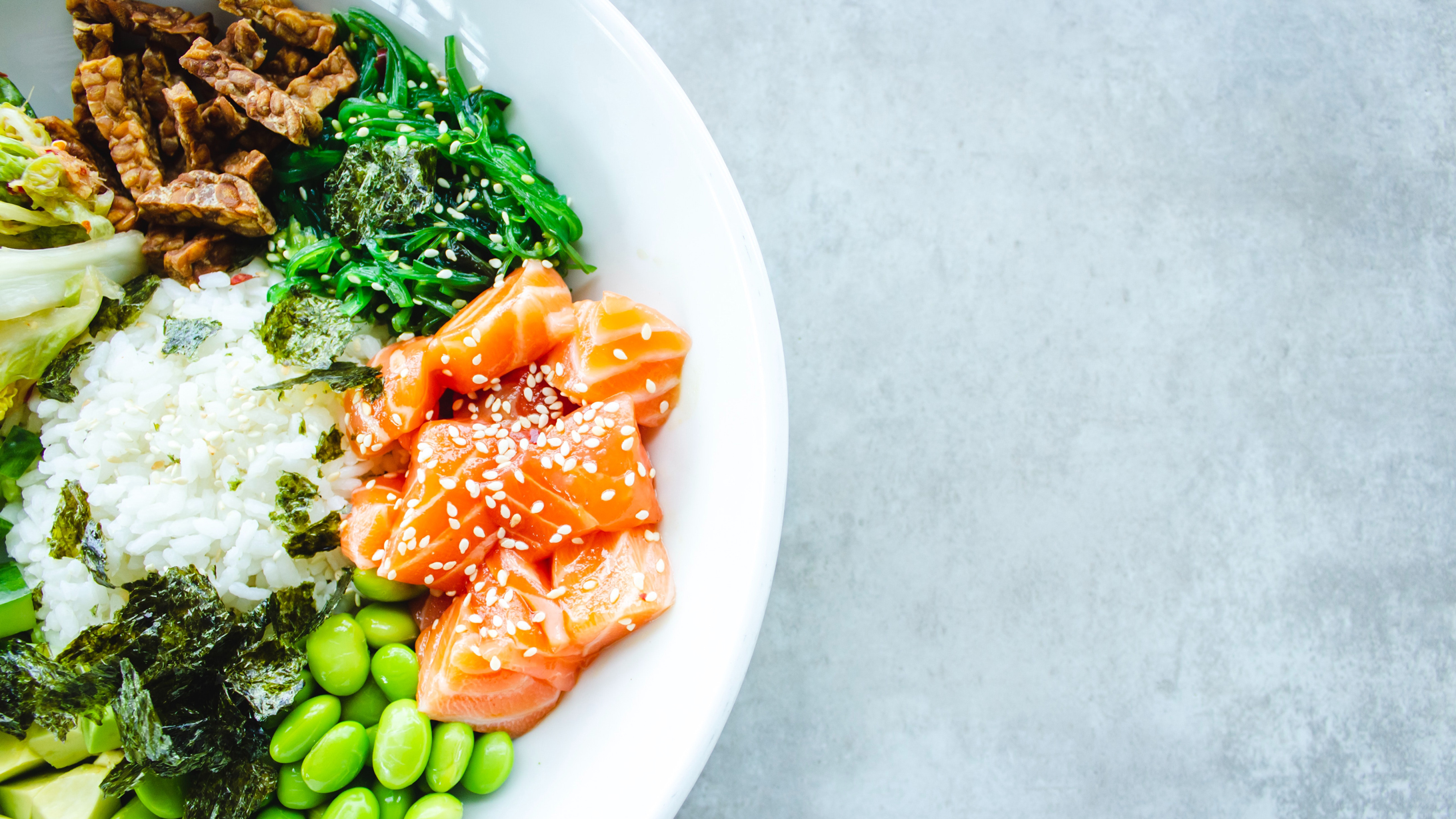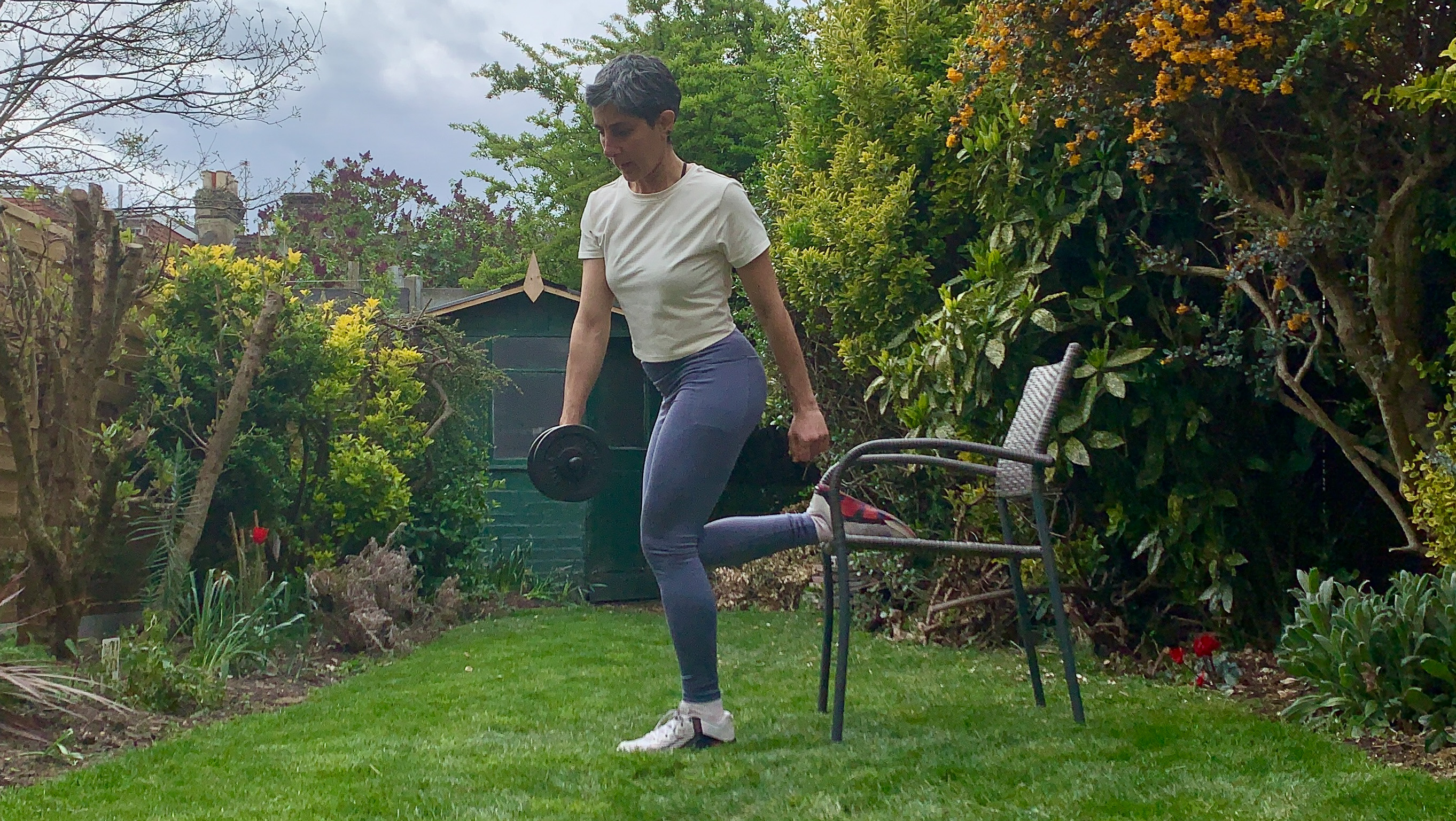Five top tips to lose weight fast, according to California scientists
5,000 people who consistently lose weight were studied by researchers to find the best weight loss strategies


When it comes to weight loss strategies, some are very simple: for example, burn more calories than you eat. Others are absurdly complex. There are logical prospects, such as restricting calories and exercising more, and outlandish, short-term ones such as using steam rooms, sweat suits, fad diets and medical procedures.
But science has found people who lose a steady amount of weight over time use a series of common-sense, effective weight loss strategies that anyone can implement effectively. That, and the best exercises for weight loss, of course.
One study, conducted by researchers from the California Polytechnic State University, looked at almost 5,000 members of the weight loss collective WW, formerly Weight Watchers. The study examined effective (and not so effective) strategies common in those who prevented weight gain as well as steady weight losers.
The study found a few common threads in those who exhibited consistent weight loss maintenance, or people who lost weight consistently during their membership. Some of the most effective strategies are listed below:
- Setting daily food intake goals
- Recording what was eaten each day
- Measuring foods
- Thinking about past successes
- Remaining positive in the face of weight regain

These are all pretty common-sense solutions and mindsets when it comes to weight loss, especially the first two. Setting expectations and goals for yourself is a great way to break habits such as overeating, while it's been found keeping track of what you've eaten helps enormously with weight loss goals. A study published way back in 2008 showed that people who monitor their diet by keeping food diaries lose around DOUBLE the amount of weight as those who don't keep track of what they eat.
In addition, it helps to reinforce your new habit by thinking about past successes. One study, published in the scientific journal Cognitive Therapy and Research, found people with optimistic expectations lost more weight than those with negative expectations, and were more likely to attend weight loss programme meetings.

Measuring your food can also have a very positive effect. Using tools such as a portion size guide can ensure you're not overloading your plate, which is what often causes people to gain weight as they finish an overfull plate before they realise they are already full. Satiety tips such as drinking a glass of water before meals, and cooking healthier with tools like the best air fryer and best grill can also stop you adding too many calories to otherwise healthy foods, or limit the damage of an occasional treat.
Get the Fit&Well Newsletter
Start your week with achievable workout ideas, health tips and wellbeing advice in your inbox.
And yes, you should be having the occasional treat. Overly restrictive dieting can cause people to give up and "yo-yo" back to their original weight in a matter of months, according to Harvard University. Finding a diet you can stick with is key.
The bottom line? Diet pills, sweat suits and drastic medical procedures are likely to provide inconsistent results. The best ways to lose weight seem to be the simplest: track your progress, set achievable goals and stay positive.
Matt Evans is an experienced health and fitness journalist and is currently Fitness and Wellbeing Editor at TechRadar, covering all things exercise and nutrition on Fit&Well's tech-focused sister site. Matt originally discovered exercise through martial arts: he holds a black belt in Karate and remains a keen runner, gym-goer, and infrequent yogi. His top fitness tip? Stretch.
-
 I swapped my usual core routine for this dumbbell workout—here’s why you should try it too
I swapped my usual core routine for this dumbbell workout—here’s why you should try it tooPick up some dumbbells and try my favorite deep core exercises
By Yanar Alkayat
-
 You don't need any equipment to improve your posture—just these three back-strengthening moves
You don't need any equipment to improve your posture—just these three back-strengthening movesThese three exercises will strengthen key back muscles
By Jennifer Rizzuto